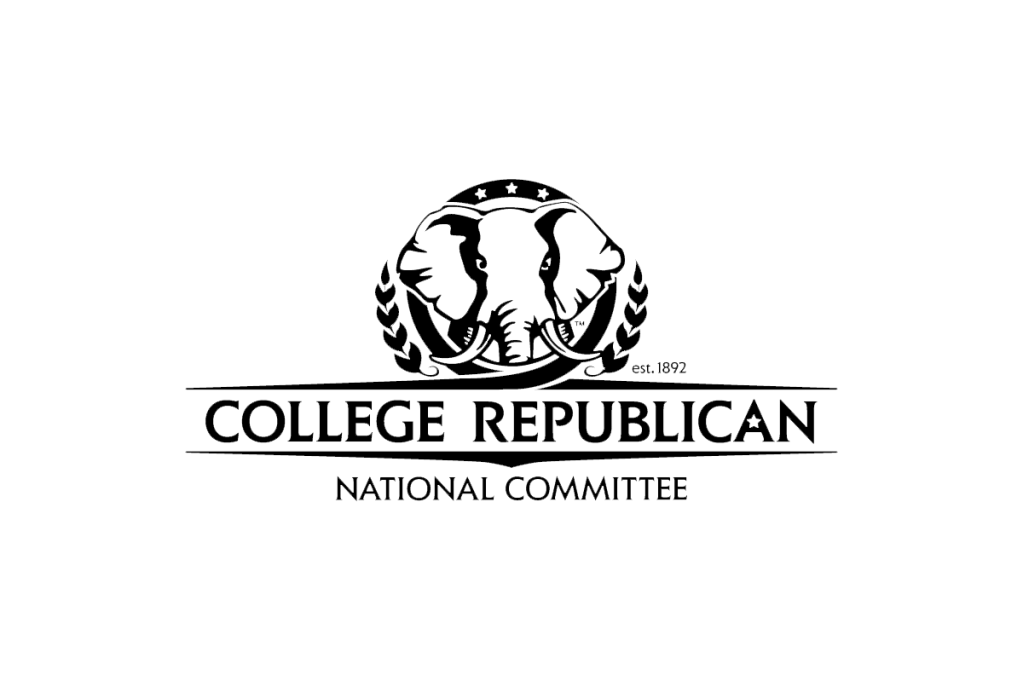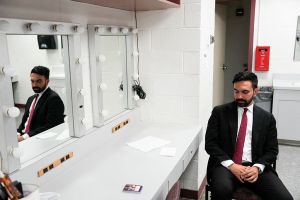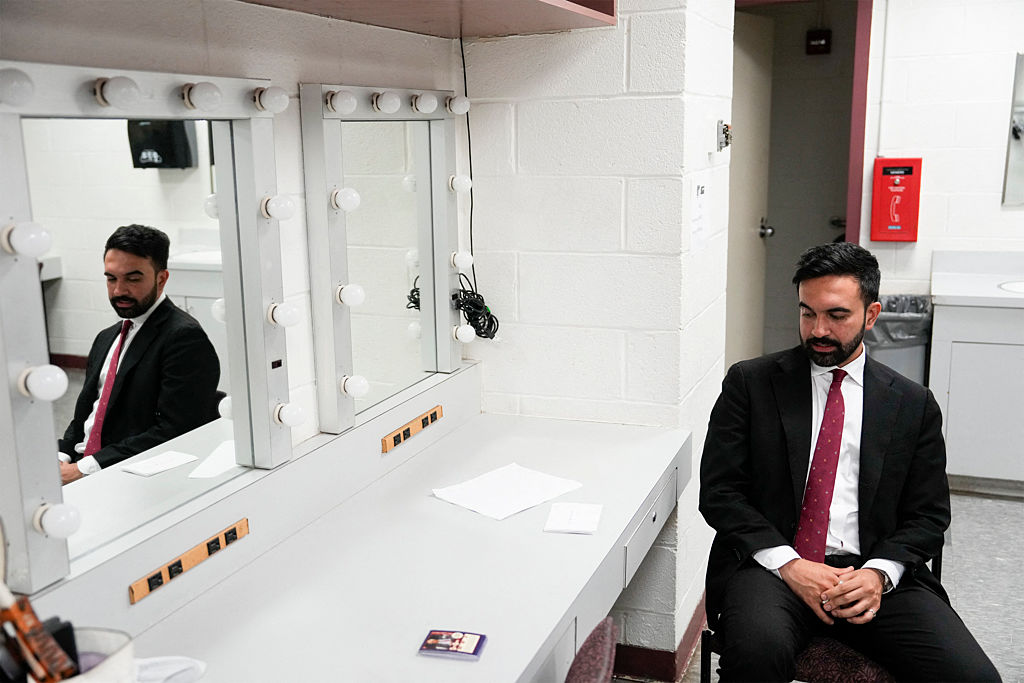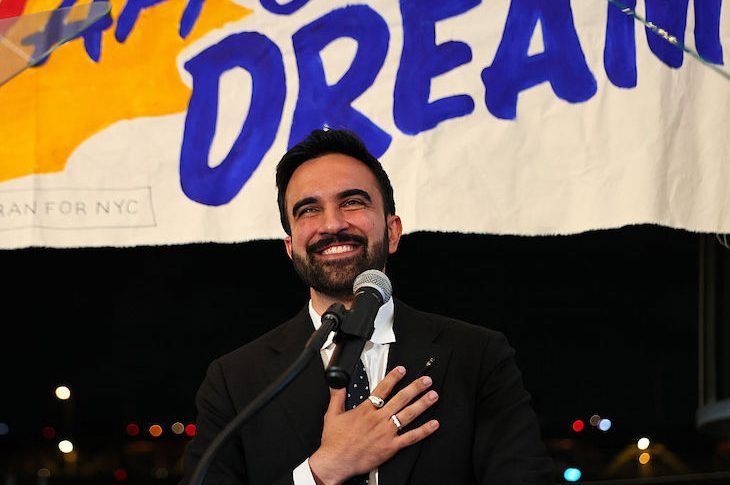The two largest state College Republican federations will unanimously vote to secede from their national organization in the coming days after allegations of election fraud.
The chairmen of both the New York College Republicans and Texas Federation of College Republicans told The Spectator they have enough votes to exit the College Republican National Committee. Meanwhile, the California Federation of College Republicans is also ‘seriously considering’ secession, the group’s leader tells The Spectator. The rift would put into question the future of the CRNC and may result in the creation of a competing national GOP college organization.
The secession efforts follow the controversial election of Courtney Britt as chairwoman of the CRNC. State chapters, including New York and Texas, challenged the election’s legitimacy because approximately only 60 percent of the College Republican chapters were allowed to vote. Leading up to the election, incumbent chairman Chandler Thornton — who favored Britt over her opponent Judah Waxelbaum — oversaw the disqualification of several College Republican federations over minor technicalities.
‘New York being disenfranchised on July 11 is what really kicked it off. Sentiments have been growing that it’s not an organization that we want to be a part of or see ourselves being a part of any longer,’ Augustus LeRoux, leader of NYFCR, told The Spectator.
‘There are some really deep institutional problems with CRNC. The bylaws of the organization are such that the chairman for four years could act with absolute power,’ he added. ‘There is no balance of power within the organization.’
When asked if the New York federation has enough votes to secede from the CRNC at the end of this week, LeRoux said ‘Absolutely.’
‘I don’t anticipate anyone will disagree with the proposition,’ he added.
New York will begin voting this Saturday at 10 a.m. The standing committee will consist of the executive board and 15 representatives of each local chapter. LeRoux hinted that a competing national organization to CRNC might be in the works.
‘We are entertaining an idea of a new national organization. It’s a conversation that has happened and is currently happening with Texas, Florida and other states. But it’s not something that I can elaborate on beyond an idea at this point.’
Brandon Kiser, the state chairman of the Texas wing of College Republicans, confirmed, ‘as of now, will be leaving the CRNC’ adding ‘it will be unanimous’.
‘When over 20 percent of the nation doesn’t have delegates, they strip one of our delegates the day of the convention,’ Kiser said. ‘When tactics like that are used — my members have lost faith in the national organization.’
‘There has not been a member or chapter that I have talked to that has opposed us leaving.’
Texas will not vote to leave until August 16. Similar to New York, their voting body is composed of statewide board members and local chapter leaders.
Another major state federation, California, may also split from CRNC in the coming weeks. ‘California is deeply upset with this election. We are seriously considering all options, including secession,’ Michael Curry, chairman of California’s Federation of College Republicans, told The Spectator. The group’s membership is upwards of 2,000 students, according to Curry.
On Monday, the National Review published email correspondence between Thornton and Case Western University professor Jonathan Adler. The email suggests Thornton unequally applied the rules to ‘ensure Britt’s victory’ over Waxelbaum in Ohio.
Thornton and Britt did not respond to multiple requests for comment.

























